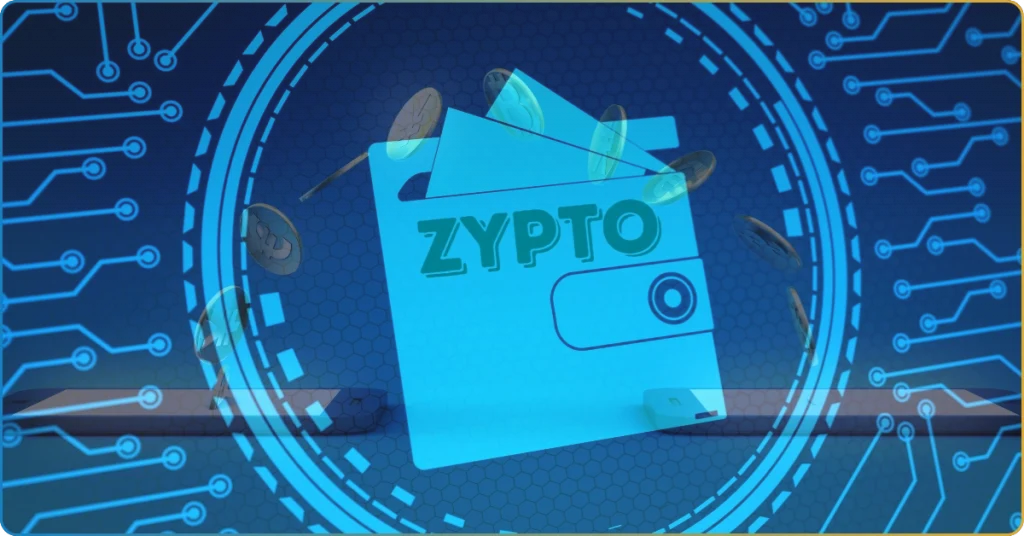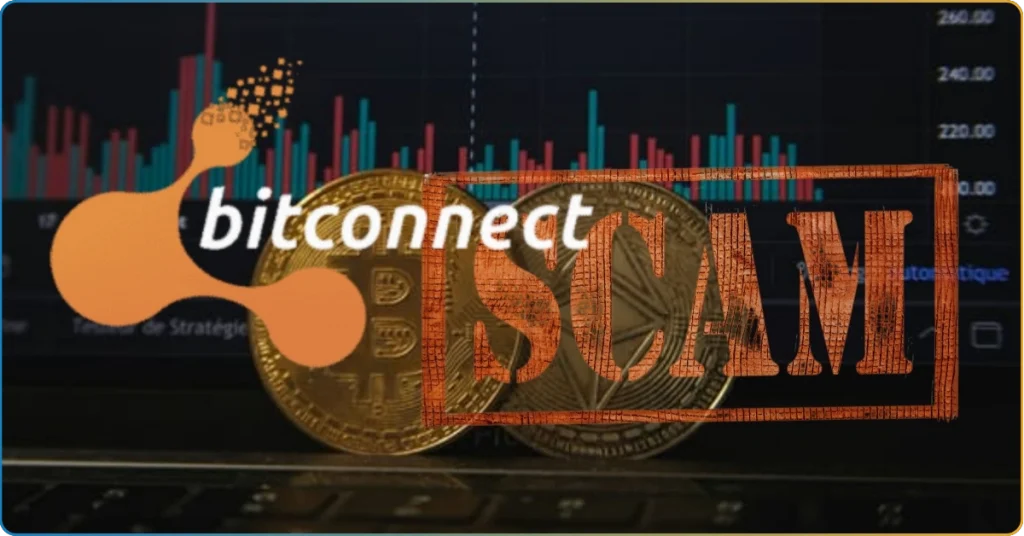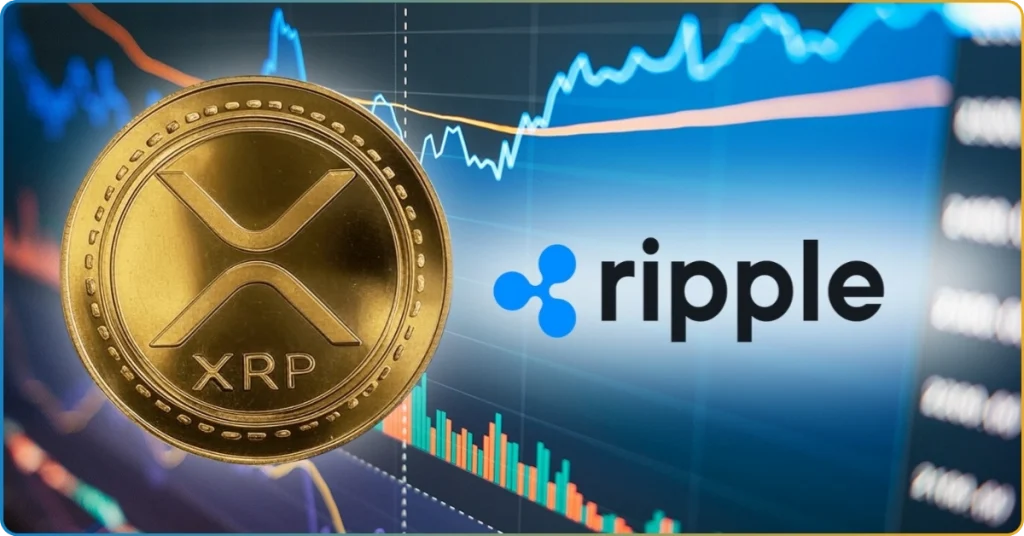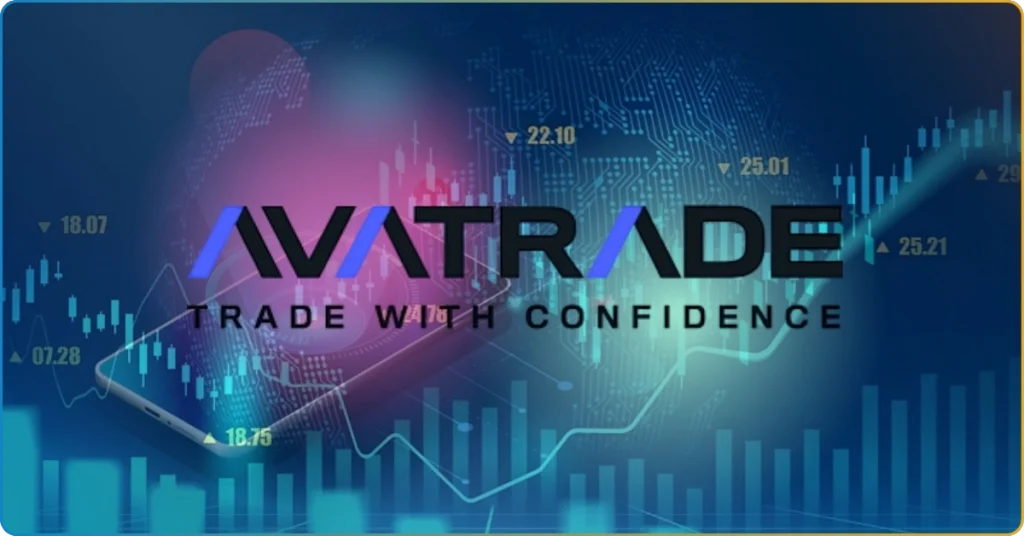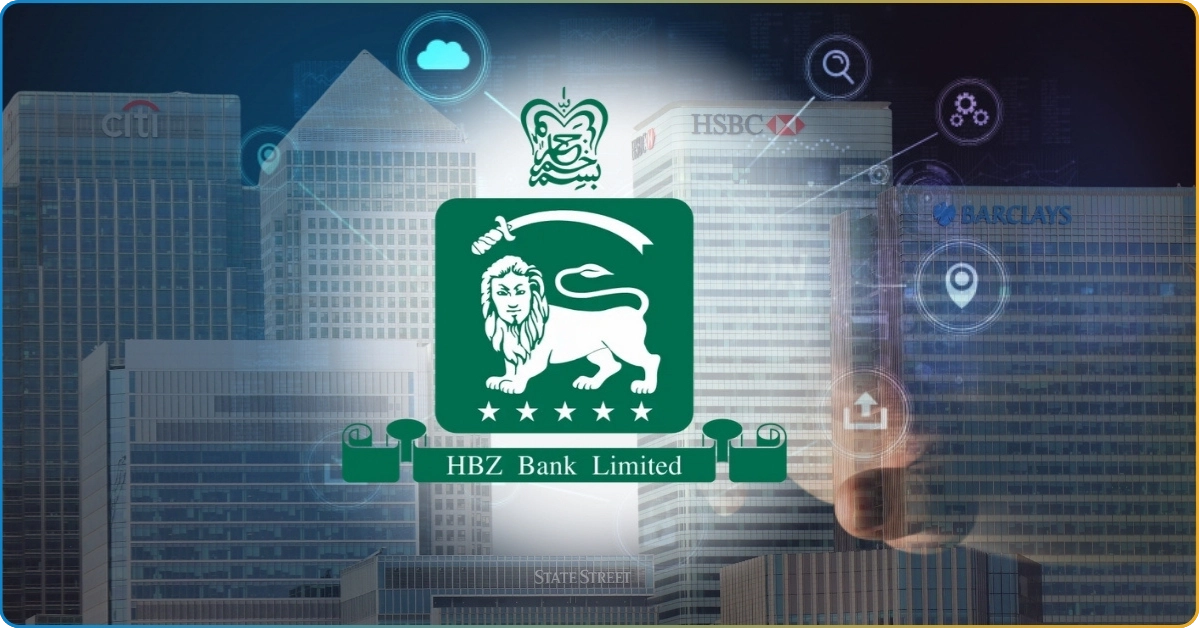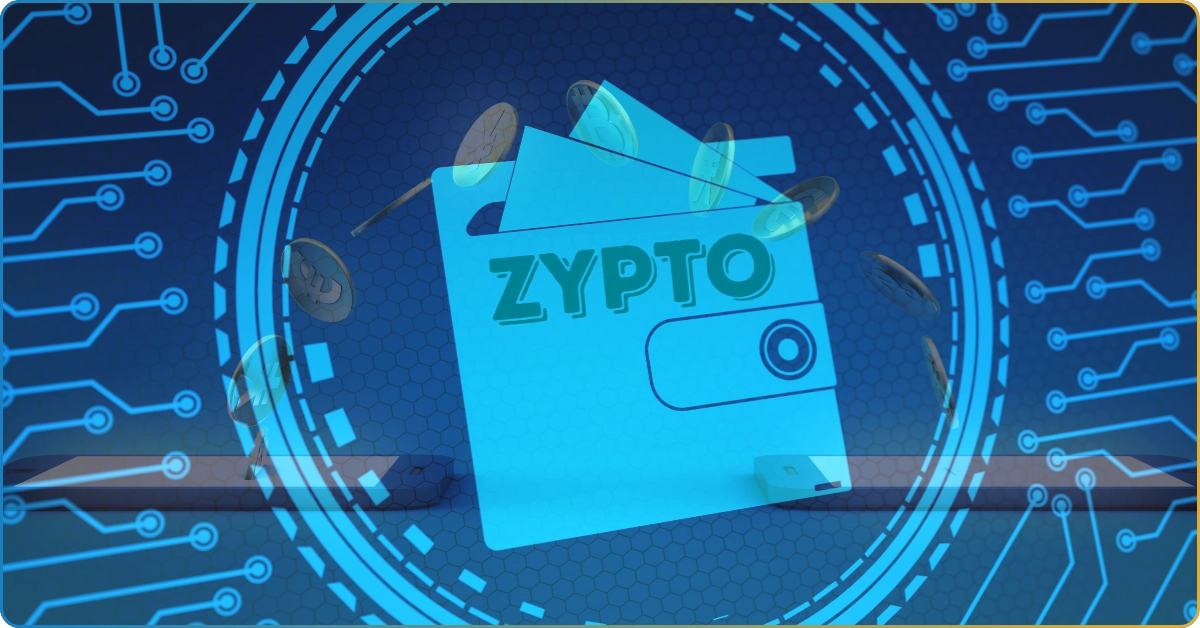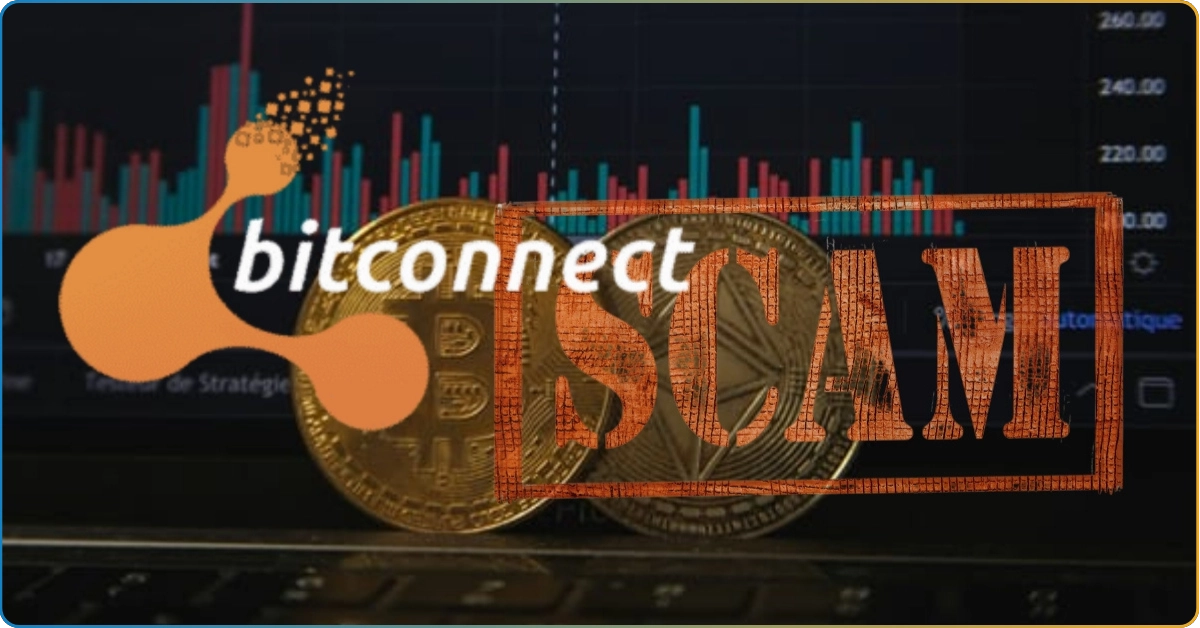The cryptocurrency market has hit its all-time high in the fourth quarter of 2024. This follows the booming user base, shifting regulatory landscape, and, ultimately, the global leaders’ attitude towards it.
For these reasons, the crypto market is poised to move nowhere but up. And global investors, traders, speculators, and even the public are well aware of its potential.
However, behind all the profitable opportunities are the lurking risks from fraudsters. Crypto is a new technology; thus, its uncertainties breed crypto scams.
In this TRU Insight, we’ll break down the 5 common crypto scams that could potentially harm your capital. Read on and explore the tell-tale signs of crypto scams to prevent them from ruining your investment.
The crypto market is a hotspot for scammers
The cryptocurrency market is a new technology that carries immense profitable potential for your capital. However, the unfamiliarity of investors and the public alike makes the market a breeding ground for fraudsters.
If we talk numbers, the crypto market has witnessed more than 65,000 investment scams in the first three of 2024 alone. This resulted in losses of almost $3.9 to investors.
Scammers use various methods to lure and defraud unsuspecting investors. Let’s break them down and get familiarized with such practices to prevent them from harming your investment.
Phishing Scams
Information phishing is the earliest scam lurking on the digital scene.
It’s a sophisticated method that targets unsuspecting individuals through personal contacts. Once the victim acts upon the message, malware software will automatically download, which will breach the device system to access sensitive information like banking and credit card details and logins.
Phishing scams are most reported in the cryptocurrency market. It involves receiving suspicious personal contact through email, SMS, or social media.
Typically, the message evokes a sense of urgency in the receiver. It may be to warn the user about the potential wallet threat that could harm their crypto holdings or to promote a too-good-to-be-true lucrative opportunity.
Anything that would make the user input their wallet information. Once such information was collected, the scammer got access to the victim’s wallet. This would allow them to drain the victims’ holdings.
Pig Butchering Scams
Pig butchering scams are emerging as one of the most common methods to steal investments from unsuspecting individuals. It’s a fusion of romance scams and investment schemes. Why?
Because it involves creating a fake identity or persona to build a trust-driven relationship between the scammer and their victim (romance scam). Once the trust is established, the scammer steals the victims’ investment (investment scheme).
Trust comes with time; thus, this type of scam typically lasts for months to build intimacy and rapport successfully.
Once the trust is there, the scammer would introduce an investment to their victim and prompt deposits. In the initial phase of the scam, the scammer would allow investors to gain and withdraw their earnings.
However, they’ll start encouraging victims with further and bigger investments. Once the individual fell prey, the scammer would run wild with their investments.
Pig butchering is derived from the idea of fattening the pig before slaughtering it for a more ideal selling price.
Ponzi Scheme
Originating in the 1920s, the Ponzi scheme is one of the oldest forms of investment scam. It involves the creation of fake investments, gathering promoters to attract new investors, scamming new investors to pay promoters to create a sense of profitability, and ultimately running off with the investors’ money.
It’s known to “rob Peter to pay Paul.”
In the crypto scene, Ponzi schemes are all too common. With the overwhelming entries of new crypto projects, crypto enthusiasts are either left confused or excited with increased profitable potential.
Such emotion, fueled by excitement, is an entry point for Ponzi scheme operators. They create a non-existent business venture, promote profitability, and ensure a smooth flow of investors to sustain the artificial sense of profitability.
Pump and Dump Scams
The pump-and-dump scam originated in the stock markets wherein the scammer spots an unknown stock, buys a significant amount of it, hypes the company to attract investors into buying its shares, and sells off their holdings once profit is enough.
Unfortunately for crypto users, pump-and-dump scammers have found their way into the crypto market. With overwhelming new crypto claiming to be the next Bitcoin, scammers can easily find the perfect coin to pump and dump.
Impersonation Scams
Disputes grow alongside crypto’s mass adoption. Such disputes stress the need for excellent customer service.
This demand is an entry point for scammers to impersonate disputed crypto exchange platforms, contact vulnerable complainants, and defraud them.
How to Prevent Crypto Scams from Happening
Crypto scams are all too common in the investment scene. However, it doesn’t mean you should experience such scams yourself.
Here are the four best practices to prevent these scams from harming crypto investments.
- Analyze the Crypto Project’s Whitepaper. Whitepaper walks you through the cryptocurrency’s purpose, goal, and tokenomics. The lack or absence of a whitepaper raises major red flags about its legitimacy.
- Spot Red Flags in Communication. Any time-sensitive action that involves your holdings is suspicious, especially if it comes from personal contact with an unknown individual.
- Beware of Unrealistic Promises. Unrealistic promises like high or guaranteed returns are the leverage of scammers to evoke emotions. Remember that such promises are impossible in a high-stake environment of cryptocurrency.
- Check Third-Party Reviews. Don’t believe the testimonies released by the promoter, as they can be easily fabricated. Instead, check third-party review websites to ensure genuine experiences from real users.
Lastly, always listen to those who came before you. However, always ensure you get insights from a real and verified trader to avoid impersonation or deception. Traders United provides a verified trading community to connect with real insights and a genuine trading network.

